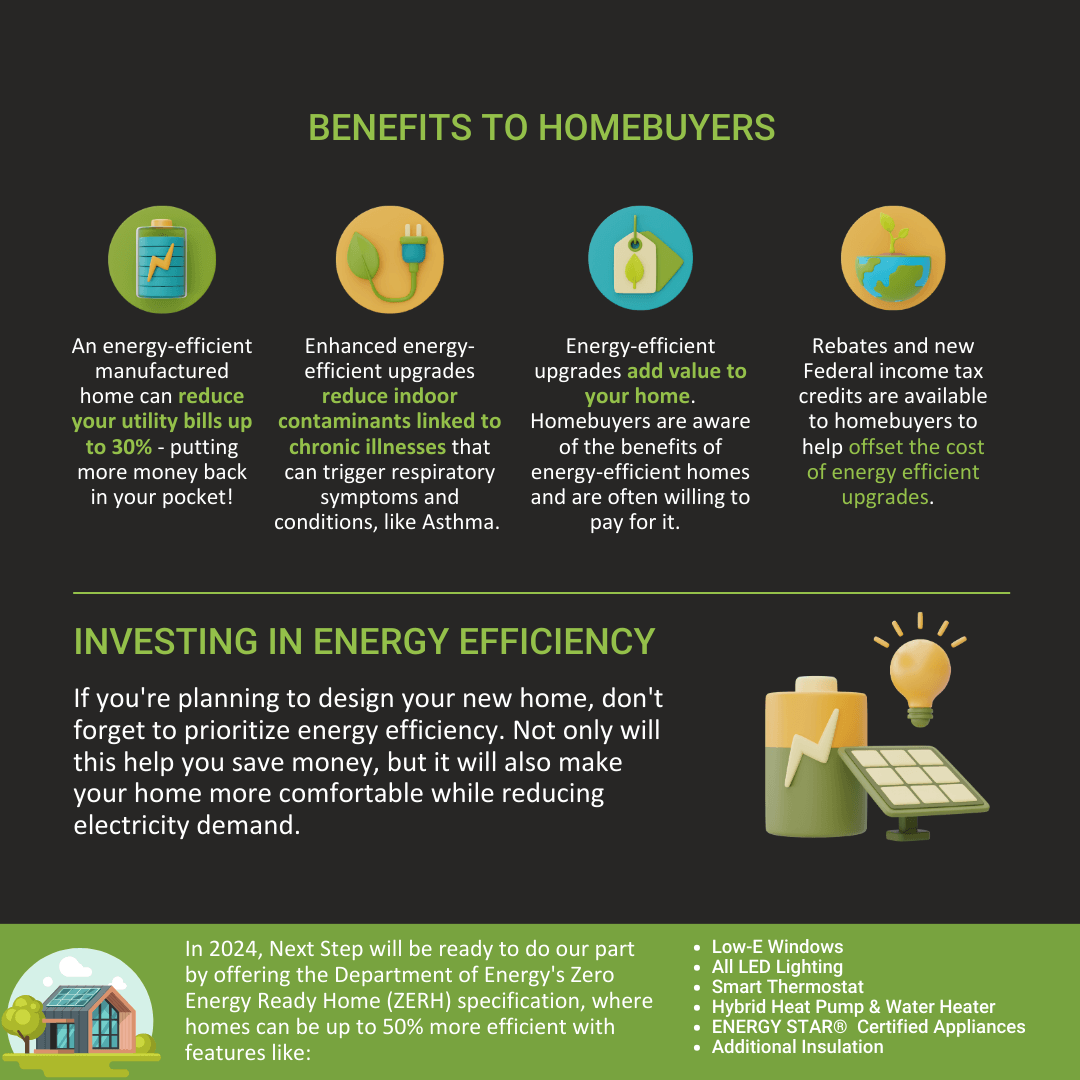
Unveiling the Financial Advantage: Reduced Utility Bills Benefit
Embracing a lifestyle that incorporates energy-efficient practices and renewable sources not only benefits the environment but also contributes significantly to reduced utility bills. This article explores the multifaceted advantages of adopting energy-efficient technologies and making mindful choices, ultimately leading to substantial savings on monthly utility expenses.
Understanding the Dynamics of Utility Bills
Before delving into the strategies for reducing utility bills, it’s essential to understand the dynamics of what contributes to these expenses. Utilities typically include electricity, water, gas, and sometimes additional services like trash removal. Each of these components can be optimized for efficiency, offering opportunities for homeowners to curtail costs.
Harnessing Solar Power for Electricity Savings
One of the most impactful ways to achieve reduced utility bills is by harnessing solar power for electricity needs. Solar panels, installed on rooftops, capture sunlight and convert it into electricity. By adopting solar energy, homeowners can significantly offset their reliance on traditional utility-supplied electricity, resulting in substantial savings over time.
Energy-Efficient Appliances and Lighting
Investing in energy-efficient appliances and lighting solutions is a proactive step towards reducing utility bills. Energy Star-rated appliances consume less energy, contributing to lower electricity bills. Similarly, switching to LED or CFL light bulbs not only reduces energy consumption but also extends the lifespan of lighting fixtures, reducing replacement costs.
Smart Home Technologies for Efficiency
The integration of smart home technologies enhances energy efficiency and reduces utility expenses. Smart thermostats, lighting systems, and energy monitoring devices allow homeowners to optimize energy usage. Programmable thermostats, for example, enable precise control over heating and cooling, leading to noticeable savings on heating and air conditioning costs.
Water Conservation for Lower Water Bills
Reducing water consumption is a pivotal aspect of realizing lower utility bills. Simple practices, such as fixing leaks, installing low-flow fixtures, and using water-efficient appliances, contribute to significant water savings. Conserving water not only benefits the environment but also results in tangible reductions in monthly water bills.
Sustainable Landscaping for Water and Energy Savings
Sustainable landscaping practices go hand in hand with the goal of reduced utility bills. Planting native, drought-resistant plants minimizes the need for excessive watering. Additionally, strategically placed trees and shrubs can provide natural shade, reducing the demand for air conditioning and further contributing to energy savings.
Insulation and Energy-Efficient Windows
A well-insulated home with energy-efficient windows is more resistant to temperature fluctuations, leading to reduced reliance on heating and cooling systems. Adequate insulation in walls, attics, and floors, coupled with windows designed to minimize heat transfer, creates an energy-efficient envelope, resulting in lower utility bills.
Government Incentives and Rebates
Government incentives and rebates play a significant role in promoting energy-efficient practices. Many governments offer financial incentives for adopting renewable energy solutions, upgrading to energy-efficient appliances, and making home improvements that enhance overall energy efficiency. Exploring available incentives can further amplify the financial benefits of reducing utility bills.
The Long-Term Impact on Household Budgets
While some energy-efficient upgrades may involve initial costs, the long-term impact on household budgets is noteworthy. Reduced utility bills translate into ongoing savings, contributing to increased disposable income for homeowners. Over the years, the financial benefits of adopting sustainable and energy-efficient practices continue to accumulate.
Empowering Homeowners for Financial Resilience
In conclusion, the reduced utility bills benefit goes beyond immediate cost savings; it empowers homeowners for financial resilience. Embracing energy-efficient technologies, harnessing renewable energy, and making mindful choices in daily practices contribute not only to a greener planet but also to financial well-being. To explore more about the reduced utility bills benefit and practical steps for implementation, visit Reduced Utility Bills Benefit for valuable insights and resources. Join the journey towards financial savings and environmental stewardship, making a positive impact on both your home and the world.




